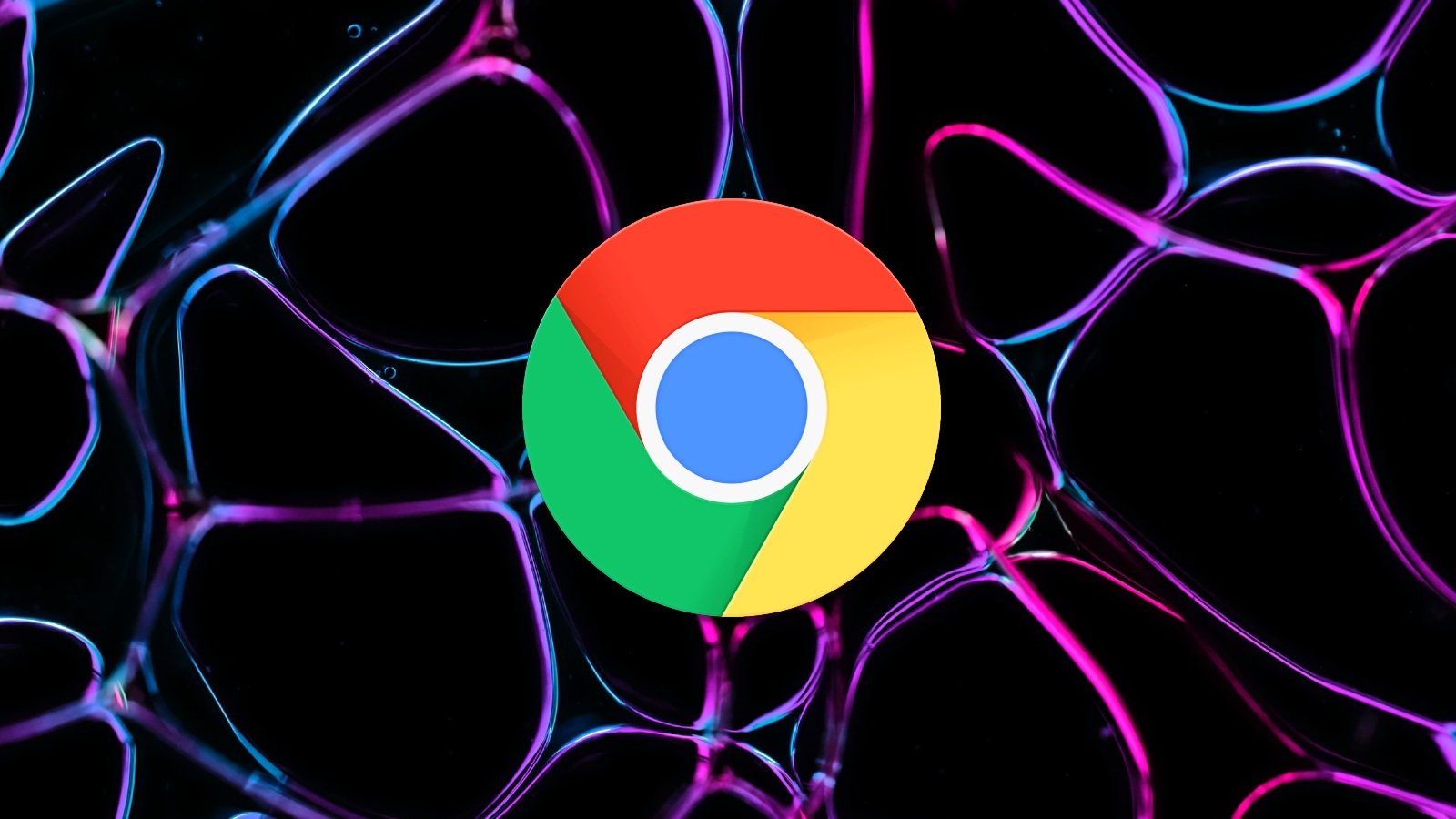Finally, we have a timeline for the inevitable doomsday. Google clarified the timeline for introducing Manifest V3. January 2022 will mark the end of all new Chrome browser extension submissions that still employ Manifest V2, and after January 2023 these extensions will stop working, period.
What is MV3 and how bad is it?
For those out of the loop: Manifest V3 is a name for the new upcoming browser extension API, essentially a large set of changes that will determine the next generation of Chrome browser extensions. We've already
mentioned Manifest V3 in our blog a few times, and rarely in a positive way. The goal, as it's
stated by Google developers, is to "make extensions more secure, as well as performant". Security concerns are always listed as one of the main reasons behind Manifest V3, with claims that Chrome browser extensions possess too much browser and activity access. Which is not false — extensions indeed can do quite powerful stuff, and
not always to the benefit of their user. But is dumbing them down a proper solution?
Unfortunately, this "dumbing down" is bound to commence. Chrome devs decided to solve the security problem by stripping extensions of access rights to web requests and, therefore, of many useful capabilities. Nearly all browser extensions as you know them today will be affected in some way: the more lucky ones will "only" experience problems, some will get crippled, and some will literally cease to exist. Where's AdGuard ad blocker extension on this scale of digital punishment?
Manifest V3 and AdGuard
First of all, let us tell you about our immediate plans. We're currently overhauling the entire thing in order to move it to a
new, better filtering engine. The first beta version is coming very soon, but it's not too late to join the fun: just install our
beta Chrome extension. On a sad note, it will be rendered useless for users of Chromium-based browsers after January 2023. All the benefits will remain for other browsers' users to enjoy, though. -based browsersAnd if you're a user of an AdGuard desktop or mobile app, why are you even reading this? You're completely fine and have nothing to worry about.
Second of all, in aticipation of Manifest V3 we're already working on a prototype for the new ad blocker extension, and let me tell you — it's hard. Manifest V3 is still raw, some things just don't yet work the way they were designed to. But we'll manage, as we always do, so hopefully you'll be able to compare the quality of the old and the new extensions soon. Will it become worse? Almost undeniably, but not by too much. The real victims in this transition are filter developers — most filter lists are maintained by single developers, who more often than not work on filters for free in their spare time. It will be not feasible for many of them to single-handedly rework the entire list to match the Manifest V3 requirements. We already discussed this threat in
one of our previous articles.
What'll happen after 2023? Our bet is that Firefox will keep extensions made with Manifest V2 in their store, for a while at least. There probably is a point somewhere in the future when Mozilla will move to something else, whatever it will turn out to be. And the rest of the Chromium-based browsers will start migrating to Manifest V3. Even the ones that express their readiness to stick to MV2 and support backwards compatibility won't be able to do that forever.
There is a small ray of hope represented by the
W3C workgroup, where browser and browser extension developers discuss all kinds of possible improvements. At the very least it provides a feeling of being listened to and heard, but such things rarely work fast. It's unclear when we'll see any real positive changes. Meanwhile, our advice is to go and block some ads — you never know when you'll get deprived of this opportunity.






